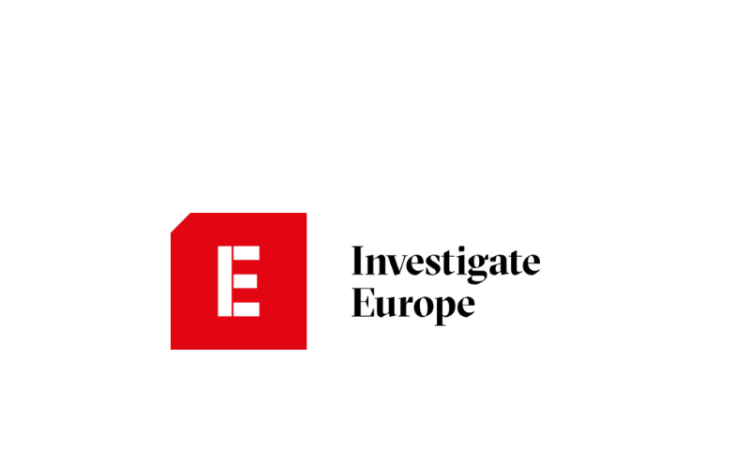
UK Green Party MP Caroline Lucas called on universities to immediately cut financial and academic ties with fossil fuel companies. “Students will be horrified to learn of the shady and manipulative influence of fossil fuel companies happening on their own campuses,” she said.
Almost half of funding in the UK, where requests were sent to all universities, went to Imperial College London. Shell was its biggest donor, including funding research into low carbon energy and alternative battery technology. Next in line were the University of Cambridge (more than €18 million), and Oxford University (more than €12 million).
“Fossil fuel companies are the number one cause of climate breakdown,” said Alice Harrison, fossil fuels campaign leader at Global Witness. “By donating to universities, at best they’re trying to greenwash their image by associating themselves with respectable institutions. At worst they’re trying to warp research and learning in ways that will help bake fossil fuels into our energy future.”
Data obtained from Austria, Italy, Ireland, Norway, Poland, Spain, Sweden and Switzerland points to noticeable industry involvement. The Norwegian University of Science and Technology (NTNU) pocketed the most, with €29 million (344 million kroner) in unspecified funding for 2017-2022. The money came from Equinor, BP, Shell, Exxon, Total and ConocoPhillips.
Toril Nagelhus Hernes, pro-rector for innovation at NTNU, said: “We have a long-standing collaboration with the petroleum industry that now has put sustainable and renewable energy solutions on their agenda.
“A majority of the projects relate to renewable energy. Many of the activities are concerned with technology development, but topics also include energy transition strategies, sustainable energy systems, carbon capture and storage (CCS), ecology, natural diversity and the social effects of energy transition.”
Shell also gave generously to ETH Zürich, providing €1.7 million of around €5 million received since 2016 by the renowned Swiss university. This included €200,000 for a project using machine learning to enhance “Shell’s Reservoir Simulator”. Reservoir simulation is a technology typically used to aid oil exploration and development.
ETH Zürich said the vast majority of the research work supported by the oil and gas sector “is not directly related to oil and gas or their extraction” and that “decisions on co-operation are always made on a case-by-case basis and independently of the specific sector.”






